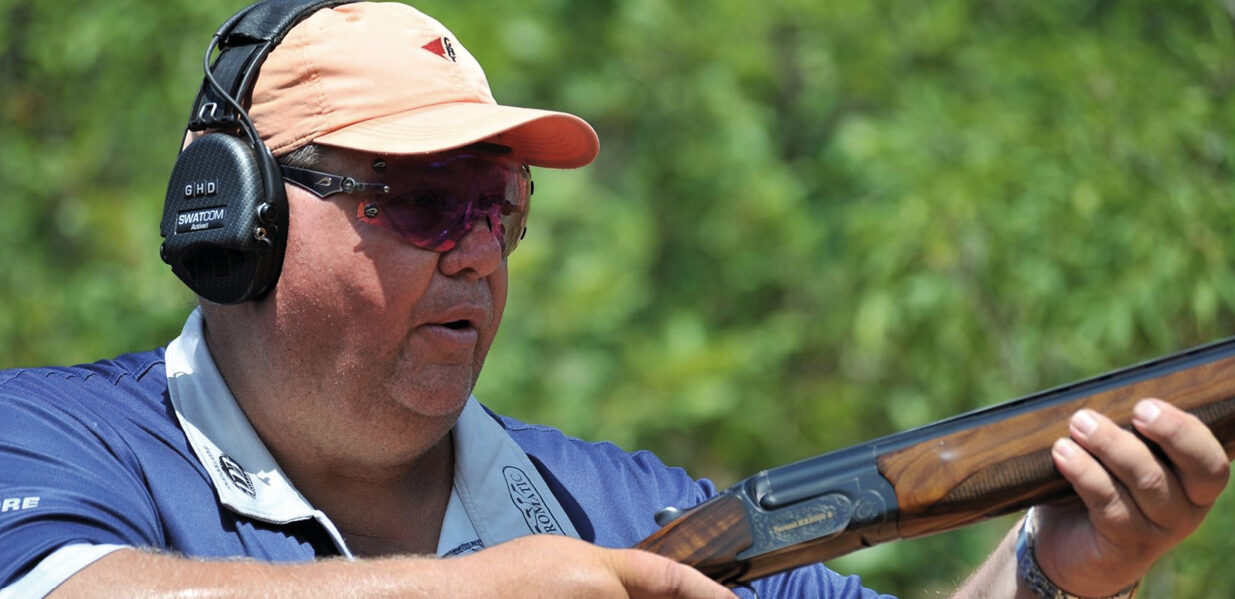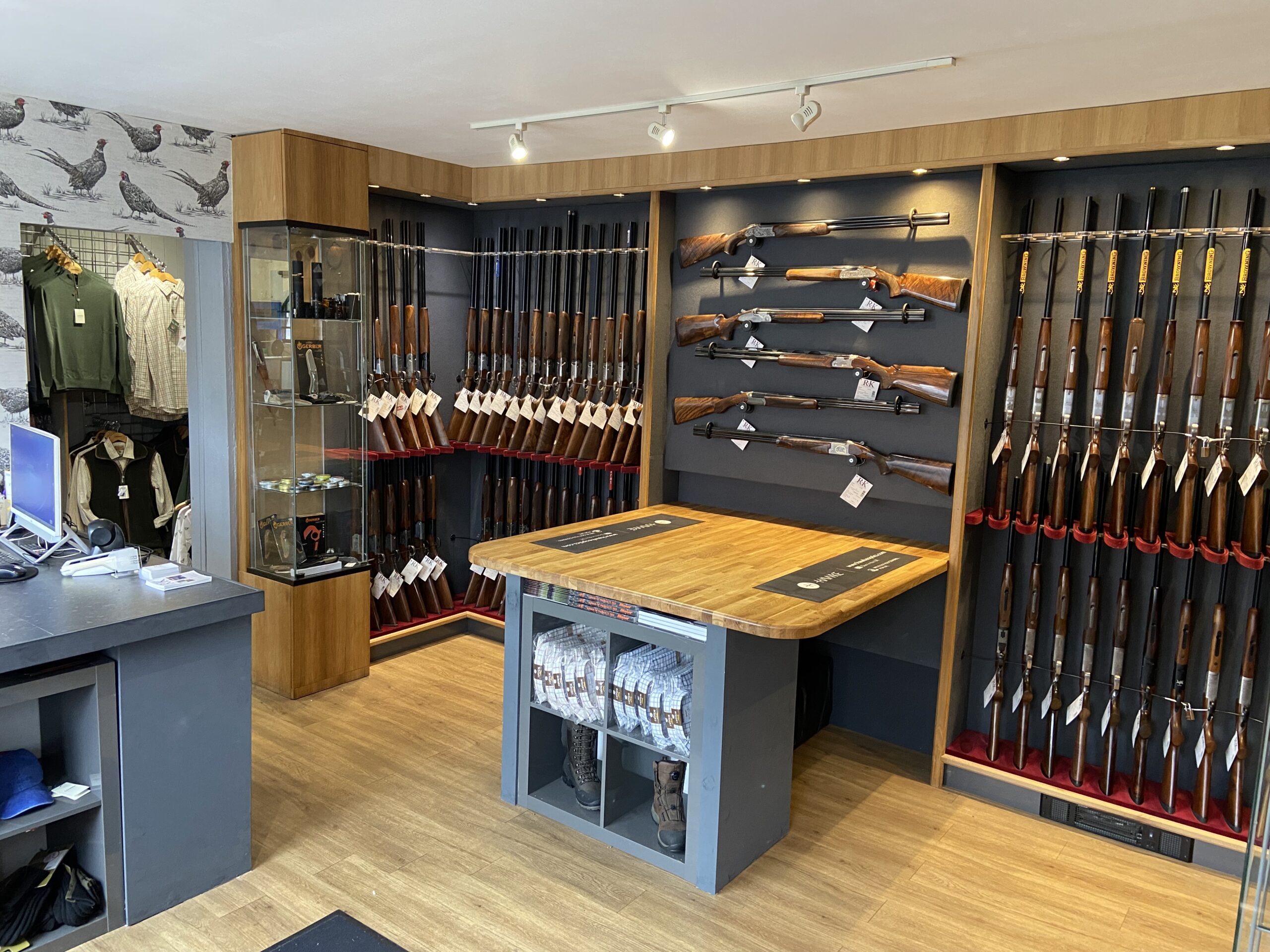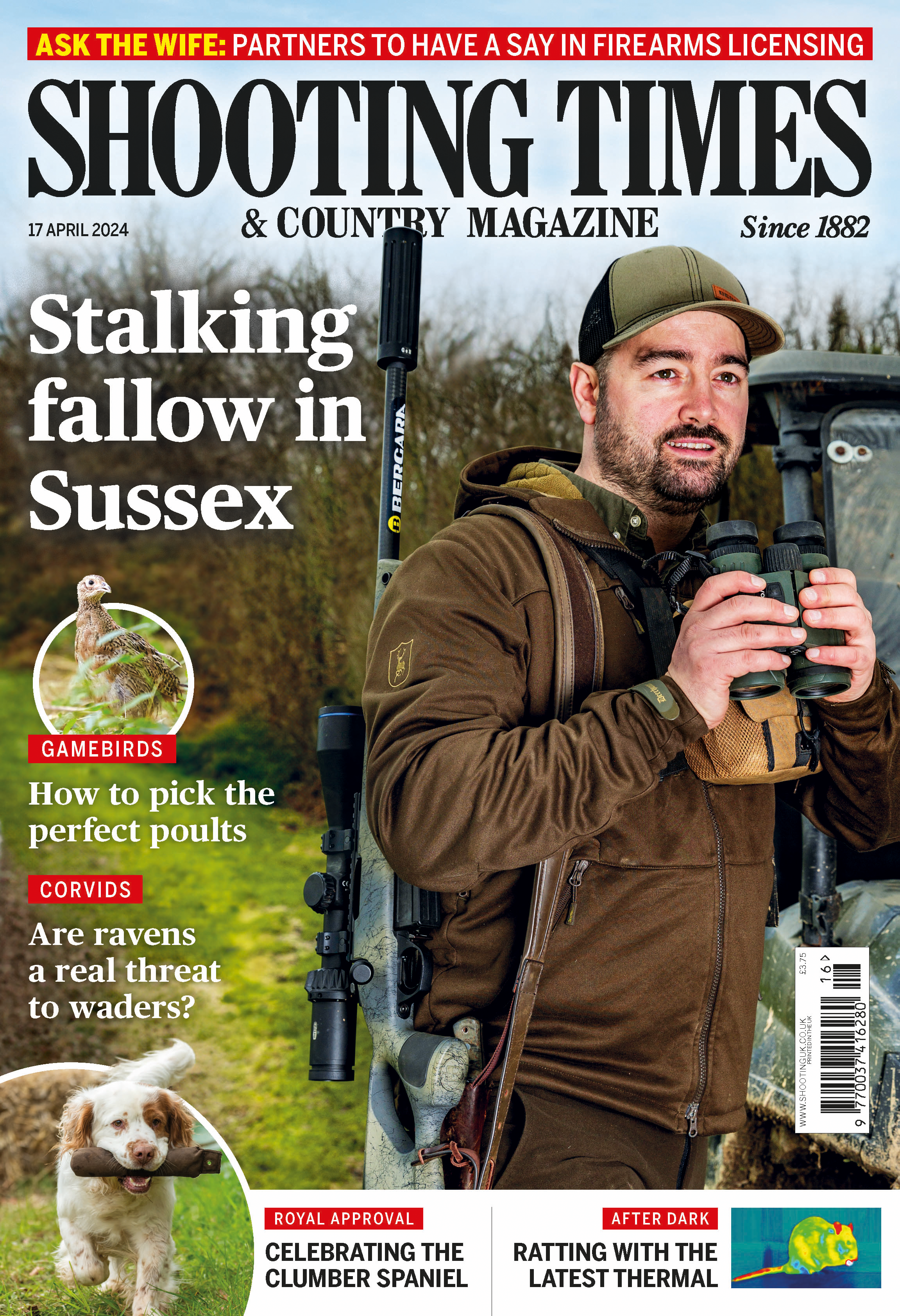RSPB: Time to sever ties?
Recently, in Shooting Times, David Tomlinson wrote a letter (Don?t break with RSPB, 4 July) in which he argued that fieldsports bodies and larger, more influential conservation groups should not work in isolation.
The argument seemed to be based on the idea that, as a minority, we shooters should keep our heads down and say nothing. In my view, it is wrongly built on a fear of what the general public might think of our activities. The likes of the RSPB overlook that this minority successfully manages more acreage for British flora and fauna than all the conservation bodies put together. This work is funded by the same people whose goodwill and generosity the RSPB relies on for co-operation and access. Shooters have an amazing success story to tell, but in its recent actions, the RSPB seems to have forgotten that.
For too long we have acted as gentlemen, only for our big-heartedness to be thrown back in our faces. The RSPB?s behaviour towards fieldsports over the past 20 or so years has, in the main, been deplorable. You only have to look at its actions following the first Langholm study and, more recently, its performance regarding the proposal by DEFRA to implement a scientific study into the impact that buzzards have on our ability to work within the countryside. It is plain to see that when things do not go its way, the hierarchy at RSPB does not play cricket.
It is time the gloves came off and we started to fight back. I believe we should stop working with them. It is also time we pointed out to the public that this so-called bird charity is a bully and has, over the past three decades, constantly harried the real conservationists of the UK ? its shooting and fishing communities.
As an organisation, the RSPB has become too powerful and needs reminding that, without the generosity of landowners and managers, much of what it is paid for by the Government purse could not be achieved. I wonder why the RSPB was so strongly opposed to the recent proposals to undertake a scientific study into the impact buzzards are having on our countryside? Could it be because it is frightened that it would reveal the true facts? Surely not ? after all, the RSPB is the expert and has been paid vast sums over the years by various governments to advise on such matters.
A loss of faith
As a gamekeeper and shoot manager of 35 years? standing, I have worked extremely closely with the RSPB and other conservation bodies. I do not make my comments lightly ? they are based on the faith I had in the RSPB at the start of my career having been eroded by bullying, spin and untruths told by the organisation over that period. My experiences mean I now believe it is time we stopped co-operating with the RSPB.
Many land managers believe the RSPB can no longer be trusted. The charity is more interested in membership numbers and its balance sheet than sound, practical conservation. It is time we started to work more closely with other groups such as the British Trust for Ornithology.
Globally, practical conservation groups recognise the need and value of predator control for the benefit of other species and the environment. They recognise that fieldsports bring huge benefits to the social and economic survival of many communities. Why, then, does our leading bird charity continually oppose predator control? We have nothing to fear from the general public. In my experience, when you do take the time to explain the facts to non-shooting people, in the majority of cases they understand that some form of control is necessary.
The RSPB and other conservation groups forget that the countryside is a living, breathing entity; it is not a country park. For it to be sustainable there have to be landowners together with shoot and fishery managers prepared to finance it. These people finance the day-to-day management of our countryside through their activities and have to try to make it pay. Issues such as buzzard or cormorant predation that impact on our ability to finance countryside management should be scientifically studied and solutions found; they must not be swept aside. In the way the RSPB charges us to visit its nature reserves, perhaps we should also begin to charge the public entry fees to the countryside we manage?
Perhaps if we stop co-operating and giving the RSPB access to the areas they get huge grants to survey and police, then it will get the message that we are no longer prepared to be bullied or put up with outrageous spin. The RSPB needs us more than we need it: without fieldsports, the Government and the RSPB will never achieve their conservation targets.








